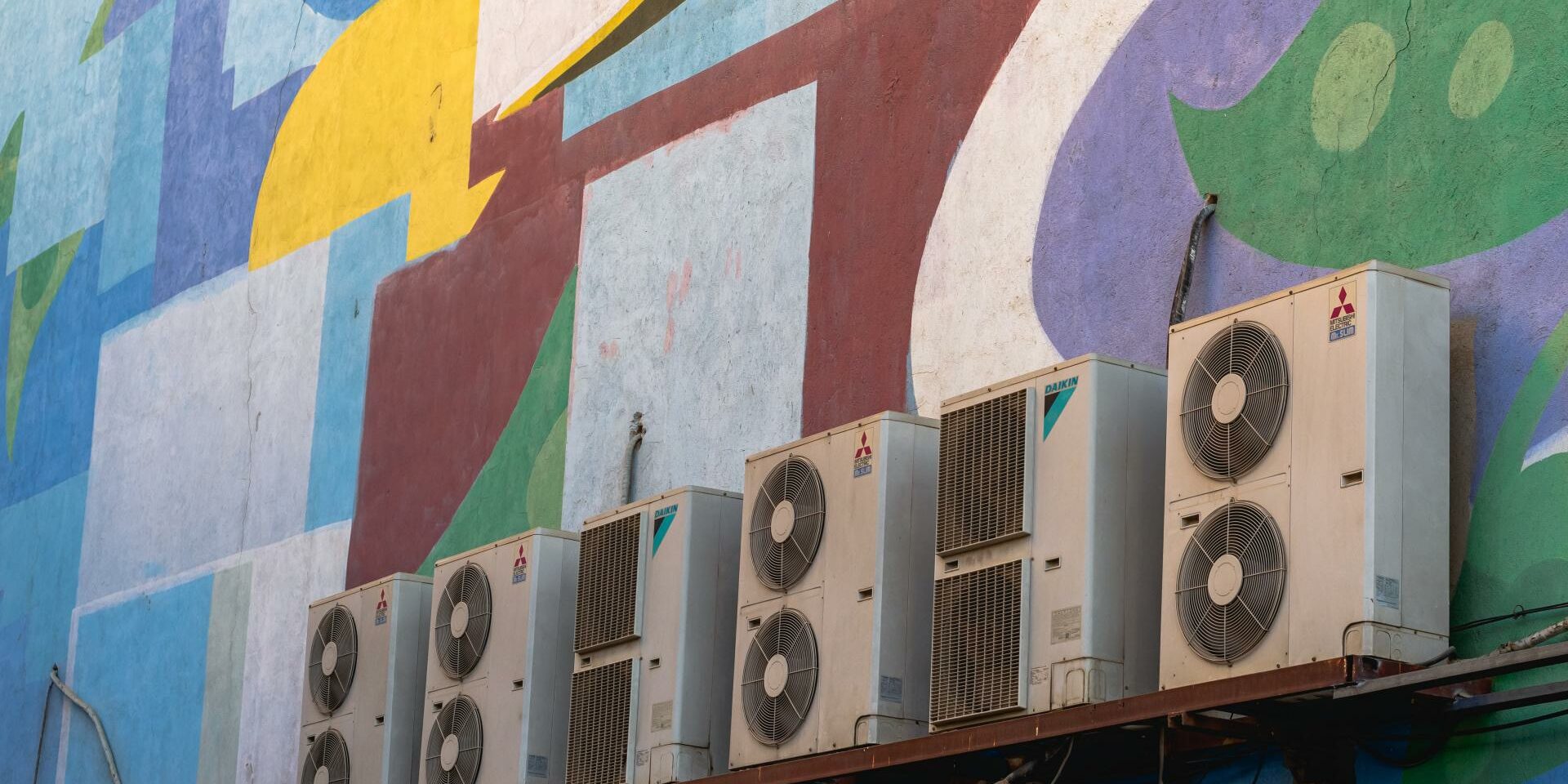The Republic of Moldova will gradually reduce, starting 1 January 2024, the import and consumption of fluorinated greenhouse gases and will replace them with natural cooling agents, according to the previsions of the new law on fluorinated greenhouse gases, voted in the final reading by the Parliament. The law was developed with the support of the EU4Climate project financed by the European Union and implemented by UNDP Moldova and is to enter into force six months after its publication. Until now, the impact and use of F-gases was not regulated in Moldova.
Fluorinated gases, also known as F-gases, are used as refrigerants in refrigeration and air conditioning, including in road transport and have a global warming potential over 14 thousand times bigger than CO2. Their use registers the fastest growth in recent years, in Moldova being imported annually between 90 and 180 tons of hydrofluorocarbons (HFCs) which are part of F-gases. Emissions due to HFCs increased between 1995-2019 by 76 times (from 3.27 kt CO2 equivalent to 247.02 kt CO2), especially from expandable foams, as well as accidental emissions from the refrigeration and air conditioning sector.
Thus, the law will accelerate the greening of refrigeration and air conditioning systems operating based on HFCs. Alternative refrigerants, such as CO2, isobutane, propane, ammonia, etc., apart from environmental protection benefits, have as well excellent energy-saving potential. At the same time, the replacement of F-gases creates new business opportunities for Moldovan entrepreneurs.
If in industrialized countries the process of suppressing the use of hydrofluorocarbons have already started in 2019, then in developing countries, such as Moldova, will be implemented starting with 2029. Thus, between 2024 and 2028 the level of domestic consumption of F-gases will be frozen at the level of basic consumption, calculated as the average of the years 2020, 2021, 2022, to which 65% of the basic level (production/consumption) of HFCs) is summed up and in the next period the country is to undertake activities for the gradual suppression of these substances, according to the timetable established in the Kigali Amendment, namely:
2029-2034 (stage I) – consumption reduction by 10%;
2035-2039 (stage II) – consumption reduction by 30%;
2040-2044 (stage III) – consumption reduction by 50%;
2045 and later (stage IV) – reduction of consumption by 80% (from the base level).
“The lack of regulation regarding the reduction of the environmental impact of F-gases prevents the fair and correct transition towards a green, climate-neutral, and competitive economy, in accordance with the objectives of the National Development Strategy Moldova 2030. The Republic of Moldova is one of the countries which is most vulnerable to climate change, 18 of the last 20 years being among the hottest years ever recorded, with extreme weather phenomena,” said Valentina Țapeș, National Coordinator of the EU4Climate project.
The gradual suppression of F-gases will also contribute to the achievement of the minimum 70% reduction target of greenhouse gas emissions by 2030, committed by the updated National Determined Contribution (NDC) of the Republic of Moldova.
With a total budget of 8.8 million euros, the EU4Climate project is implementing during 2019-2023 and has the following components: (i) updating the National Contributions Determined to the Paris Agreement; (ii) the development of national low-emission development strategies towards the year 2050; (iii) introducing and strengthening the framework for monitoring, reporting, and verifying greenhouse gas emissions; (iv) alignment with the community acquis in the climate field; (v) integrating the climate dimension into sectoral policy documents, raising awareness and developing sectoral guidelines for the implementation of the Paris Agreement; (vi) attracting climate change investments; (vii) better climate change adaptation planning.



